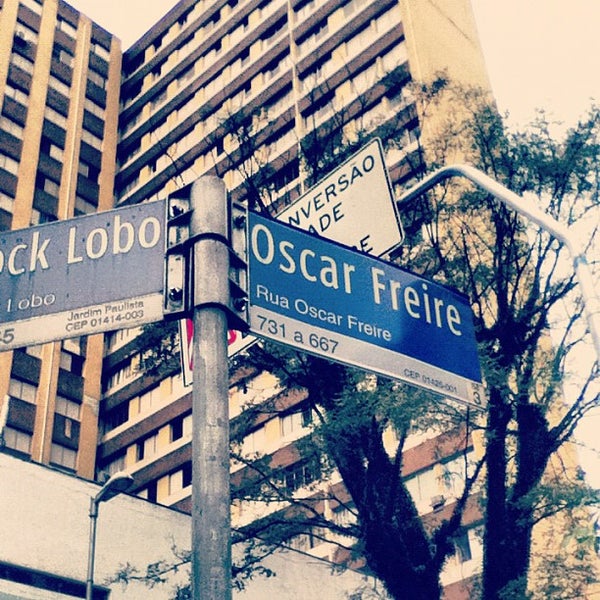

Myles Horton was definitely less prolific as a writer than Freire and it is possibly for this very reason that his contribution to transformative radical adult education has not been accorded the international recognition that it deserves. Furthermore, they both devised their adult education strategies within the framework of an ongoing struggle for the generation of radically democratic social relations within the respective contexts in which they worked.(3)Īs far as Paulo Freire is concerned, this is, to date, his third 'talking book' in the English language.(4) My reactions to this style of publication have been expressed in another review of a 'talking book', involving Freire, which appeared in a previous issue of this journal.(5) They therefore need not be reiterated here. They have also promoted the view of the learner as 'subject' rather than 'object' of the learning process. Throughout their adult education work, Horton and Freire have underlined the distinctly political nature of educational activity, insisting that there can be no 'neutral' education.

This book brings together two figures who, as activists and educationists, have revealed a lifelong commitment to transformative radical adult education.(2) Both Myles Horton and Paulo Freire have a lot in common, as the editors of this publication point out in their introduction. Review by Peter Mayo (University of Malta)(1)

We Make the Road by Walking: Conversations on Education and SocialĬhange. Institute for Studies in Education of the University of Toronto (OISE/UT). Schugurensky, Department of Adult Education, Community Development and When the book has been translated into English, the first date refers to the The books are listed in chronological order. This website, dedicated to Brazilian educator Pauloįreire (1921-1997), consists of a collection of reviews of his books and


 0 kommentar(er)
0 kommentar(er)
